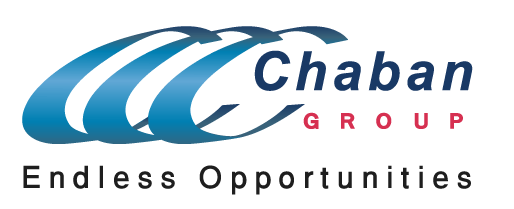Responding to crisis with agility
At the same time, in an increasingly connected global world and economy, we need to understand what happens to well established medical supply chain networks, when international travel is disrupted, or when borders are closed.
How do we build an agile, reliable healthcare supply chain network, which is based on both developing more local options for medical device development and manufacturing, while also continuing to build on a global network of distributors, producers, and end users. This requires a carefully coordinated approach to supply chain management that takes into account the lessons learnt in the past year.
This also requires greater investment in local startups within countries, who are able to develop and manufacture medical devices and supplies. More investment in medical device development, through incubators and other means, are important in helping countries to build their own reliable, internal supply chains for healthcare.
This means building a network of local and global suppliers, and distributors, in order to establish an extensive supply chain network.
At Chaban Medical, we have spent the last year understanding how to respond with agility with a global situation in constant flux. We believe in the importance of supporting local medical device developers and startups, while building an extensive network of global distributors for our products.
To learn more about how we build quality, distribution networks,
contact us.



